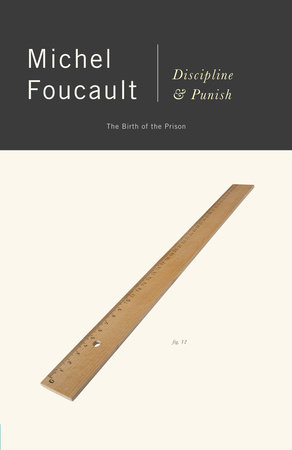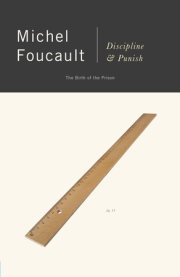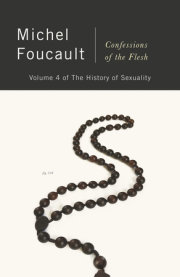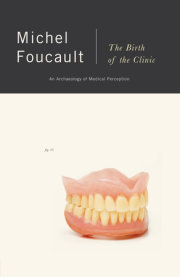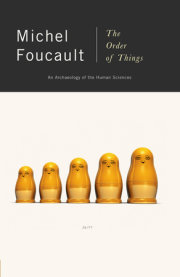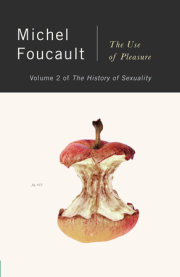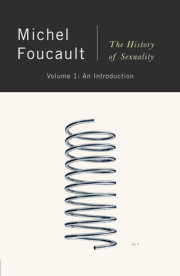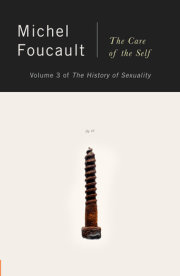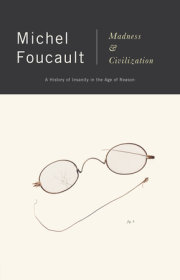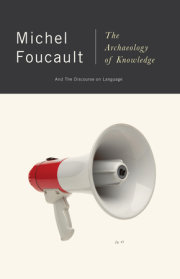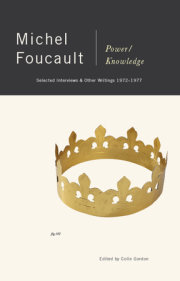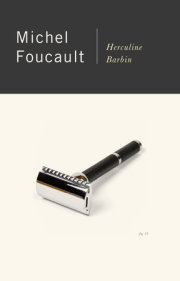Using academic works and legal documents dating back to the early 1700s, Foucault constructs a history of punishment, beginning with the spectacle of corporal punishment and public execution and ending with the institution of the modern prison. He argues that over the course of approximately eighty years (between the torture and execution of Damiens the regicide in 1757 and the opening of Mettray in 1840) that corporal punishment and public execution dissolved and incarceration became the punishment par excellence for transgressions against society.
This transition is rooted in two Enlightenment ideals: humanity and equality. On one hand, penal reformers argued that public execution is cruel and inhumane, and on the other, that the criminal laws and their corresponding punishments were too haphazard and unevenly distributed. In light of these criticisms, a series of political, economic, moral, and legal transformations occurred that found its ultimate expression in the establishment of the prison. Having argued this, Foucault concludes his discussion by explaining why the prison has been such a permanent institution in society, despite the criticisms that it fails to reform criminals and to reduce crime.
More generally, and more importantly, Discipline and Punish is a study in the relationship of power and knowledge, a theme that runs through the majority of Foucault's scholarship. This power/knowledge complex is the model by which Foucault constructs the birth of the prison. It is also the model used in his earlier works (e.g., Madness and Civilization and The Birth of the Clinic), though it is not as explicitly articulated as in Discipline and Punish. The power/knowledge complex is based on the premise that power and knowledge are intimately bound, that each relies on the other, and, in a sense, presupposes the other. With respect to the prison, Foucault states that power is not inherent in the institution per se, but in the techniques of discipline that were developed and on which the prison rests. Discipline "is a type of power, a modality for its exercise, comprising a whole set of instruments, techniques, procedures, application, [and] targets . . . And it may be taken over . . . by 'specialized' institutions," such as the prison (p. 215).
When power is "taken over" by institutions, it has a tendency to generate bodies of knowledge. In the case of the prison, the body of knowledge that is created is the delinquent, including his behavior, his desires and fears, in short, his whole being. This knowledge reinforces any preexisting power and allows for the creation of other bodies of knowledge, such as criminology, sociology, and psychology.
His analysis is a powerful explanation of how economic, legal, moral, and political reforms contributed to the birth of the prison. Moreover, Foucault's power/knowledge complex has wide applications in the social sciences and humanities. It is a major contribution to social discourses. Discipline and Punish is just one instance of the utility this model has in aiding us in understanding and explaining social processes. Given what has been said, the question now becomes: Who uses power/knowledge and to what ends?
Translated by Alan Sheridan.

